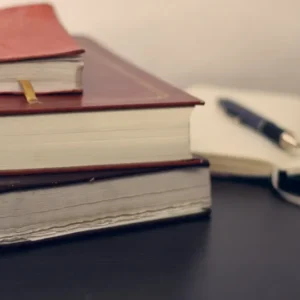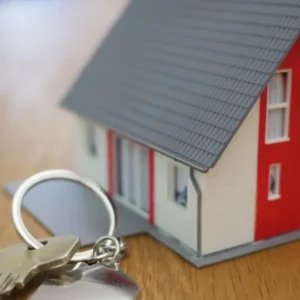Legal Process Of Buying A House In NSW
The process of buying a house begins with securing financial pre-approval, setting a clear budget for your property search. Once you’ve found your ideal home, engage a lawyer or conveyancer to navigate the legal maze










